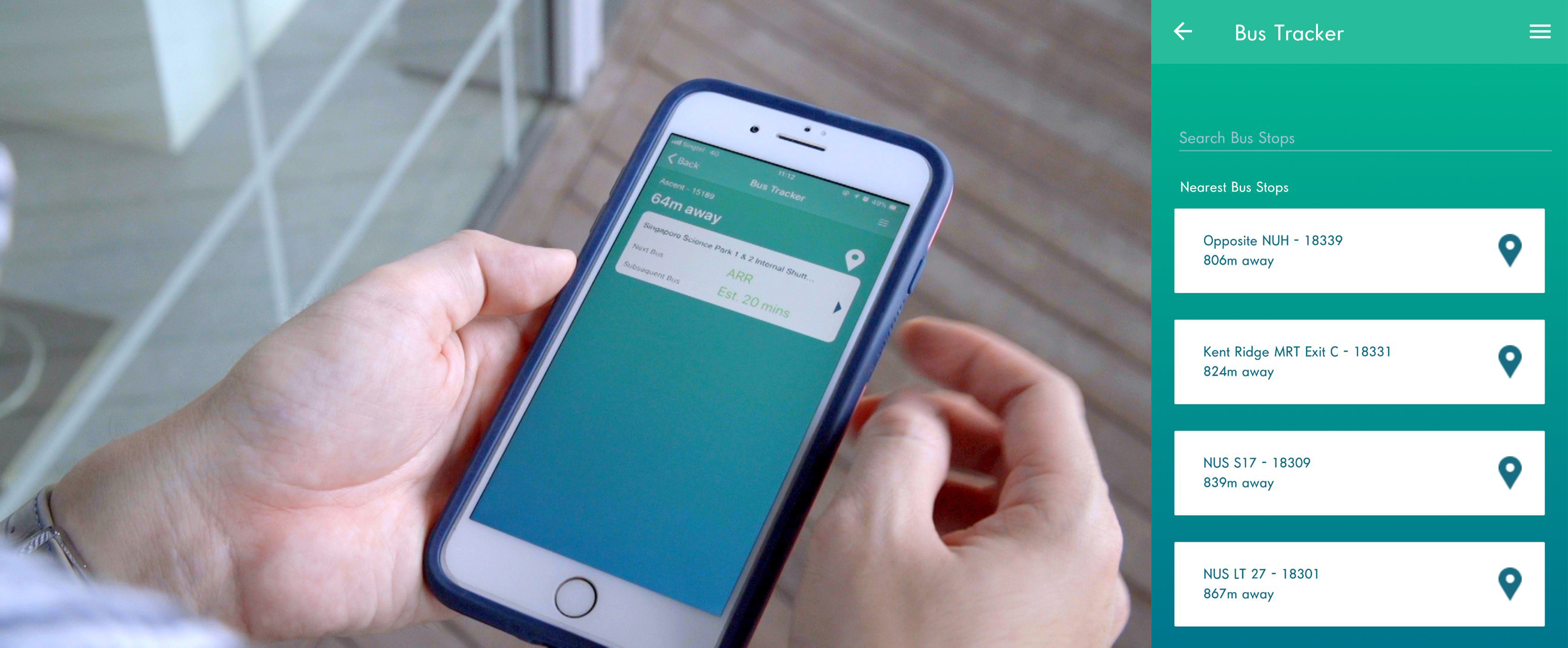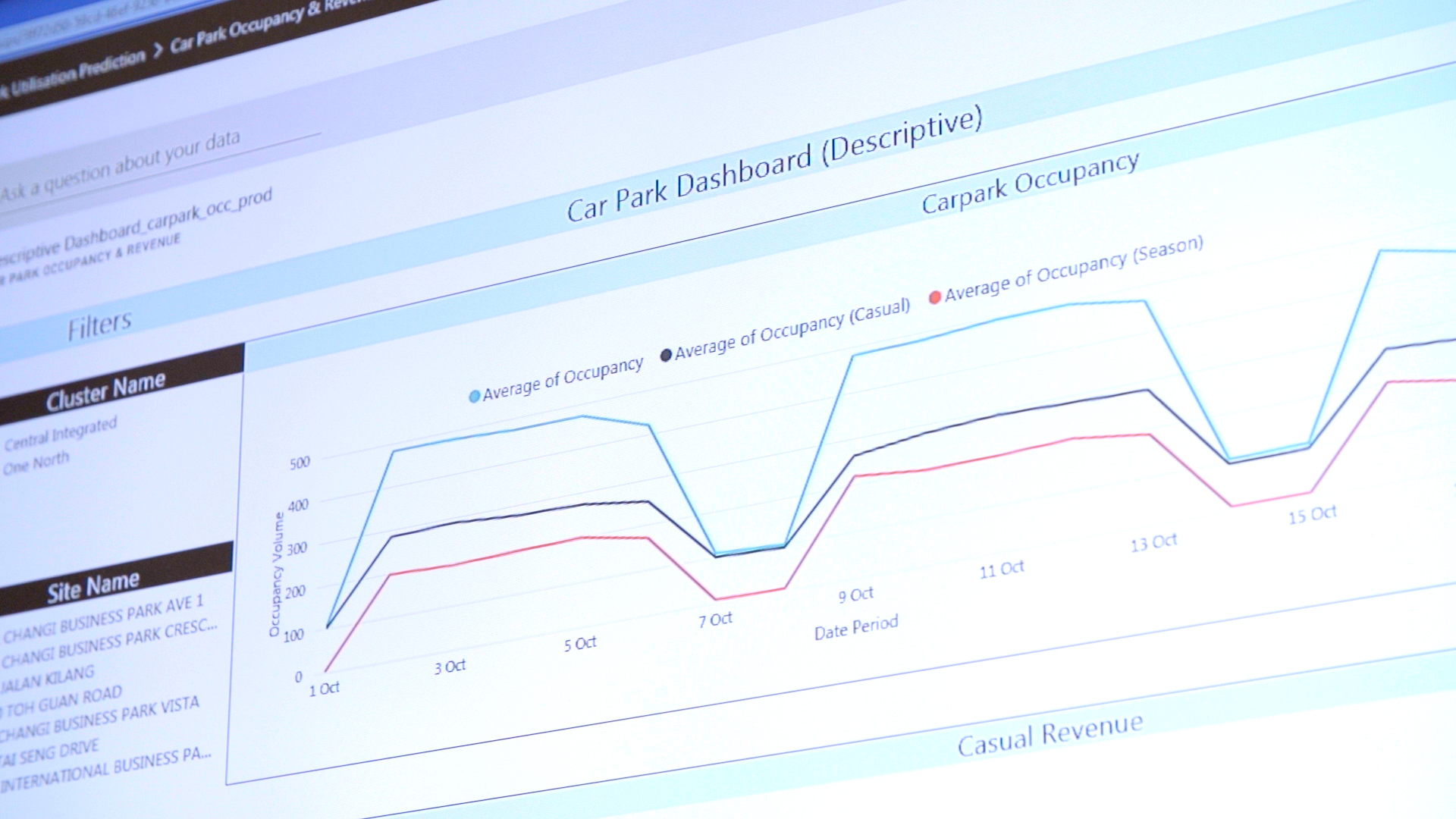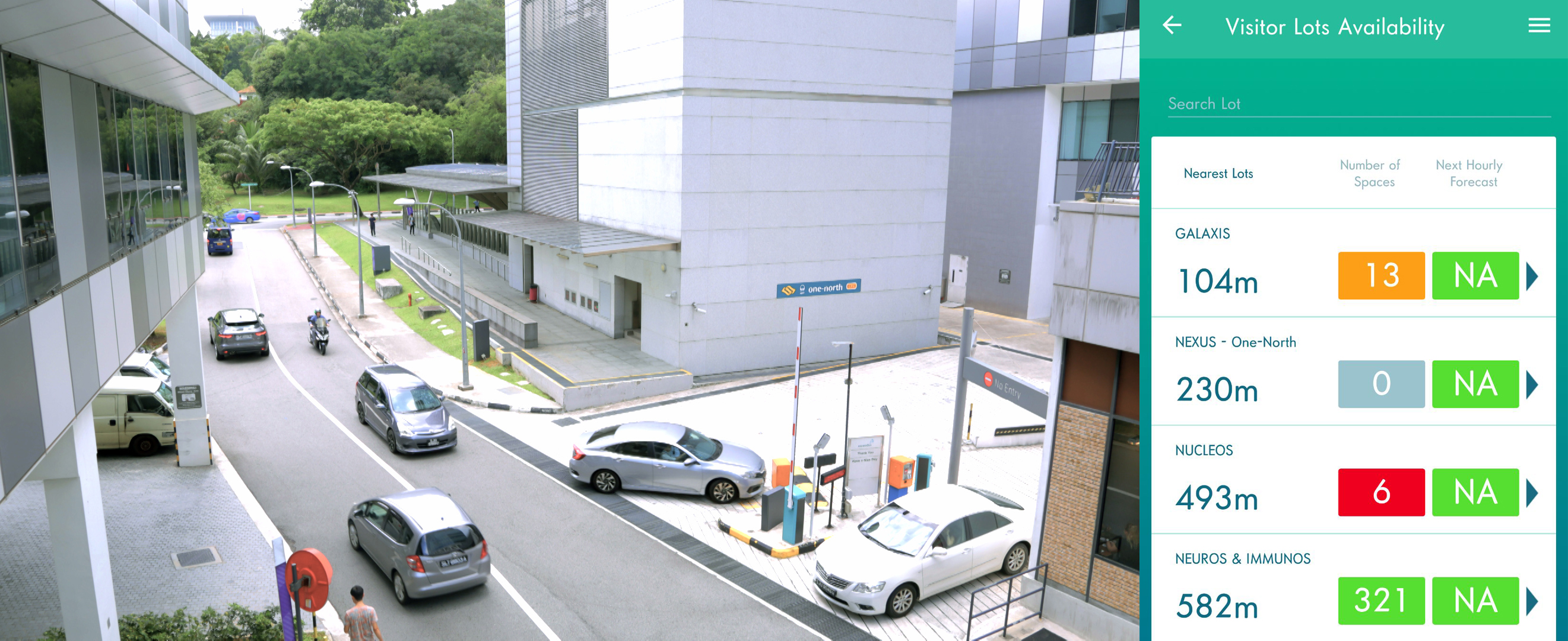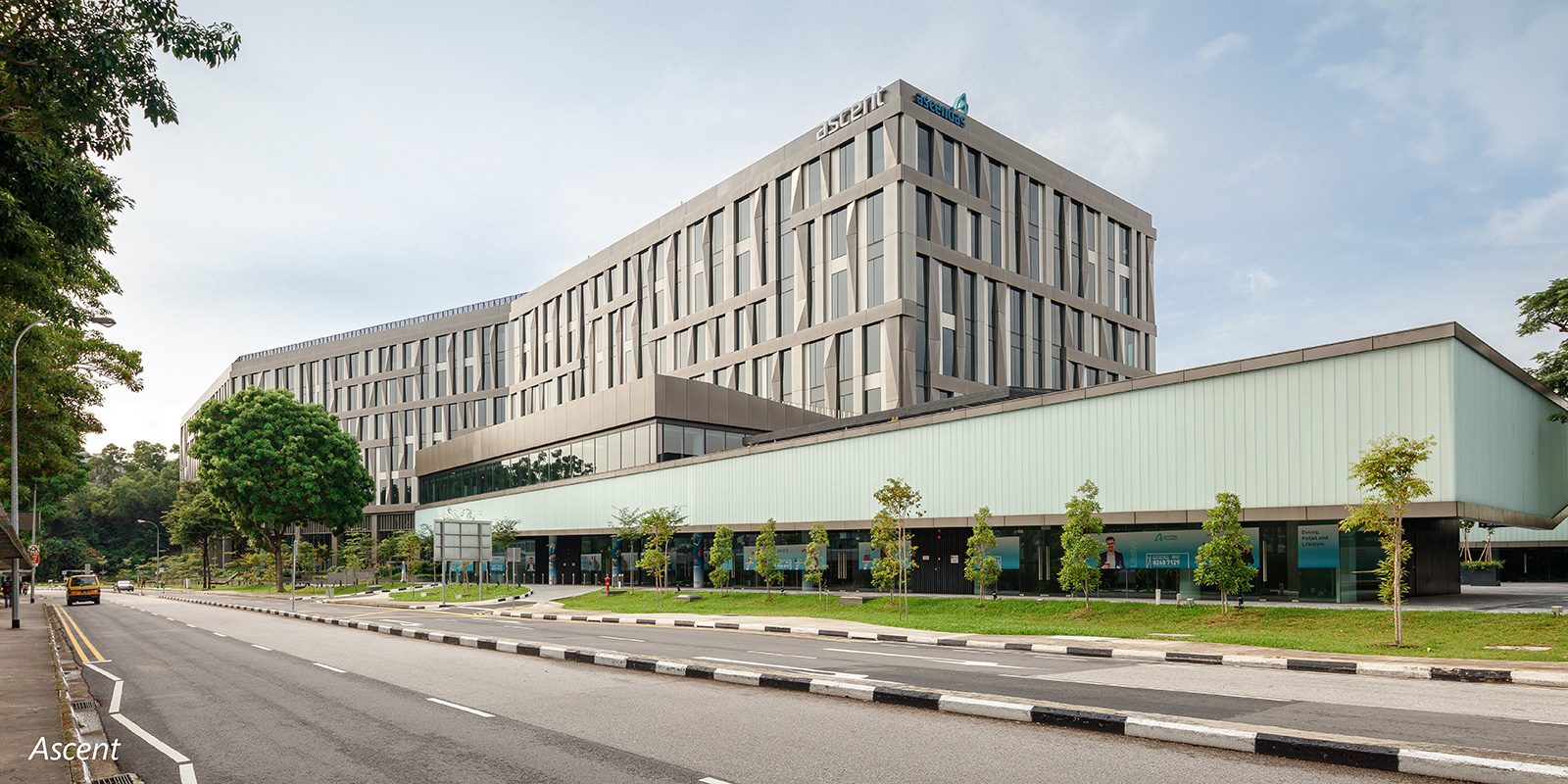While many companies rush to prioritise technology in their digital transformation efforts today, Ascendas-Singbridge decided right from the start of its own journey of change, to focus on the outcomes for its customers.
Things have to change for the better in the 29 cities across Asia Pacific where Ascendas-Singbridge manages some S$20 billion worth of urban and business space assets. Its business is entrenched in the daily lives of hundreds of thousands of people.
Technology must make sense, whether this is to ensure the basics – such as water and electricity – are running without disruption in the buildings, or if a smart carpark can cater for increased usage.
“Almost every industry in the world is being impacted by technology and transformational business models,” said Manohar Khiatani, Deputy Group CEO for Ascendas-Singbridge. “The property industry is no exception.”
He listed three objectives when it comes to deploying technologies such as Internet of Things (IoT), cloud computing, machine learning and data analytics. “First, how do we enhance customer experience? Second, how do we drive operational excellence? Third, how do we reinvent or uncover new products and services?” said Khiatani.
This is the mindset with which Ascendas-Singbridge rolled out a mobile app called Ascendas-Singbridge App, or ASAP. It offers an easy and swift interface for tenants to report faults in their buildings, as well as to check for the latest promotions offered from shops within the building. They also display shuttle bus information for tenants to get to the nearest MRT station or mall conveniently.

At the same time, many buildings now come with interactive directories. These digital signages set up across Ascendas-Singbridge properties have allowed visitors and tenants to find their way around more easily.
With multiple digital channels in place, Ascendas-Singbridge can now constantly engage its customers and establish a relationship with them that is much closer than before, ensuring a better experience.
And that is just the tip of the iceberg. The company has also built the Ascendas-Singbridge operations centre, known as AOC, which serves as a ‘brain’ that senses and monitors the operations in the buildings the company manages.
Leveraging on IoT, the AOC now provides real-time status updates on essentials such as electricity, air-conditioning, lifts and water supply. If there are any disruptions, a team is quickly dispatched to fix the problem.

Working with Microsoft’s Smart Building Solutions and Azure Machine Learning solutions, the company is also using data analytics to predict when equipment might fail. This allows their engineers and technicians to repair and maintain the equipment pro-actively, rather than wait for malfunctions to happen and causing inconvenience to customers. With this in place, equipment breakdown has fallen by 80 percent.
“In the real estate industry, customer experience and service will increasingly become more important in differentiating ourselves from our competitors,” said Jeffrey Chua, Chief Executive Officer of Ascendas-Singbridge Services, which is part of Ascendas-Singbridge.
“In India and China, for example, our customers are willing to pay a premium to enjoy our higher service standards as compared to other developers,” he added.
Technology is also helping Ascendas-Singbridge to overcome issues and constraints, such as the manpower crunch in Singapore.

The use of video analytics today has allowed the company’s current pool of security guards to work smarter and better, without adding more headcount. They are only deployed for situations where they are truly needed and in case of emergencies.
Security personnel no longer need to be sent on errands that use up time on their already tight daily routine, such as for carpark management. A new smart carpark system now allows the company to predict and manage usage more efficiently, to better cater to users.
Relying on past data and video analytics, the smart carpark system can prepare for a surge in usage by predicting when this usually happens and open up more hourly parking lots in anticipation of the higher number of visitor cars. This technology is being piloted at two buildings in Singapore, Galaxis and Aperia.

The analytics provided by Microsoft’s cloud-based Azure machine-learning technology reduces the need to deploy staff to count the number of cars at different times of the day, which is time consuming and requires an enormous amount of resources.
Yet, despite the increased efficiency, ultimately the main benefit has to be felt by the customer and its people at the end of the day. That is the whole point of digital transformation for the company.
Said Khiatani: “We want to create a place where the people enjoy working and are able to give their best. And this goes just beyond just the physical environment.”
The improvements entail both the hardware and the “heartware”, including connectivity, amenities, community and lifestyle activities, he added. “We aspire to create total business environments, which will inspire people to excel.”

